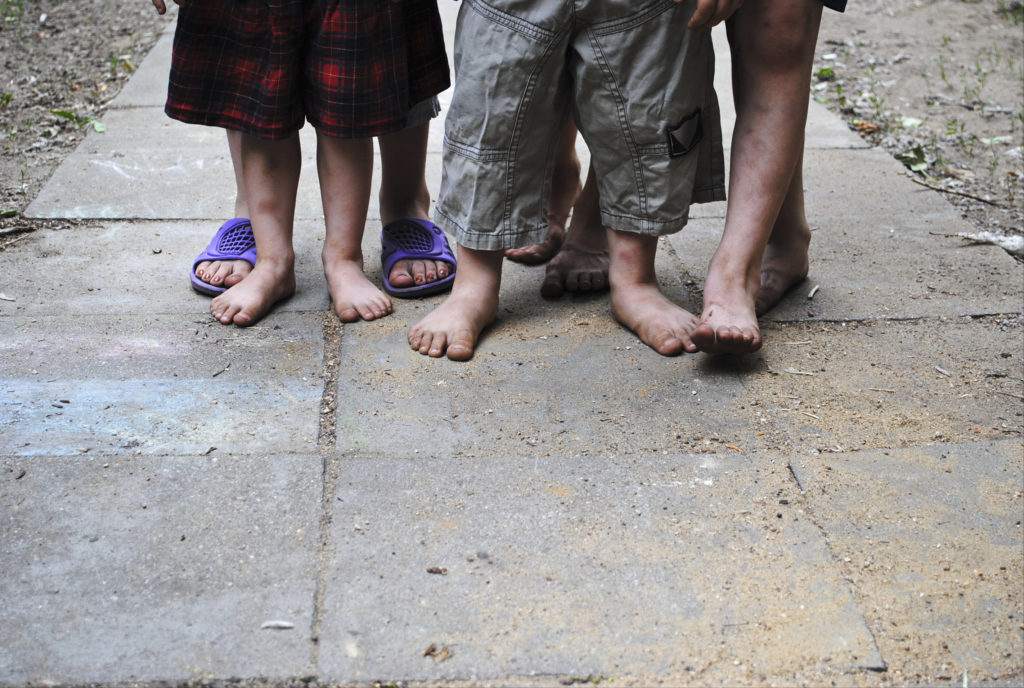
There are increasing numbers of young people coming into this country unaccompanied. The circumstances of unaccompanied children from the conflict in Syria coming into this country is well known and focused upon by the media. What is less well known is the trafficking of children into this country from elsewhere. Attempts are made to get young people into this country sometimes simply to circumvent the immigration rules but on other occasions to get them into this country to work illegally.
When these young people come to the attention of the authorities the question arises as to how should decisions be made that best safeguard their welfare.
If the Court here is going to make decisions in relation to a child, then the Court has to determine that it has jurisdiction to make those decisions. The usual position for the Court to decide if it has jurisdiction is to consider whether a child has habitual residence in this country. The test for considering where a young person has habitual residence includes looking at the degree of integration by the child in a social and family environment in the country concerned.
Where that test is not met the Court can have jurisdiction in limited circumstances of cases of urgency.
If the local authority identify a child in need of immediate protection then the local authority has a duty to safeguard and promote the welfare of that child. That can include in urgent cases the local authority applying to the Court here for urgent Orders pending a final decision as to where the child is habitually resident and therefore which Court in which country should properly have jurisdiction.
Once urgent steps have been taken to protect a young person then the local authority should contact the relevant authority in a child’s home country and there should be close liaison between the local authority here and the authorities in that child’s home country.
The Department of Education produced a very useful guidance document – Cross Border Child Protection Cases: The 1996 Hague Convention which can be of real help in these situations.
In any assessment of a young person from another country particularly where there are concerns they have been trafficked into this country it is important that there is real care taken to take account of their cultural background to avoid the danger of well-meaning actions taken urgently compounding the distress that a young person may feel in the most difficult circumstances of having been trafficked into a country with a totally alien culture to work illegally often in circumstances of significant exploitation.
We at Stephens Scown have experience of representation of children who have been subject to trafficking and are in need of protective measures through the local authority pursuing public law proceedings.
Our family law team advises families across the South West on the best solutions for them. If you would like to get in touch with the team about trafficking or any other issue you can telephone 0345 450 5558 or email enquiries@stephens-scown.co.uk
